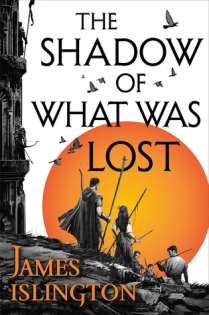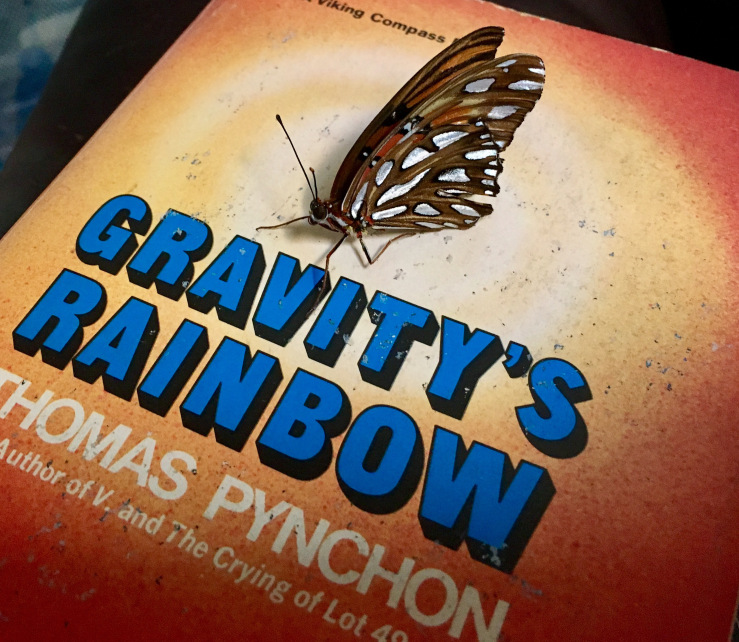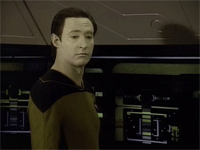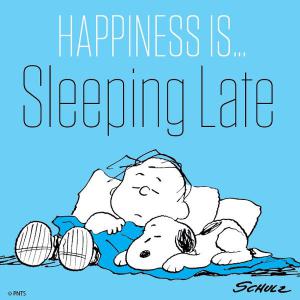 The Shadow of What Was Lost by James Islington is a cracking book. The emergence of a new series of this calibre is incredibly exciting. James Islington is an Australian author, which as an Australian myself, makes me immensely proud. There are precious few Australian voices in the international pool of epic fantasy, but Islington is proof that there are incredible fantasy writers out there awaiting discovery. It’s refreshing. Islington is a pioneer. I wish him every success.
The Shadow of What Was Lost by James Islington is a cracking book. The emergence of a new series of this calibre is incredibly exciting. James Islington is an Australian author, which as an Australian myself, makes me immensely proud. There are precious few Australian voices in the international pool of epic fantasy, but Islington is proof that there are incredible fantasy writers out there awaiting discovery. It’s refreshing. Islington is a pioneer. I wish him every success.
Synopsis:
It has been twenty years since the end of the war. The dictatorial Augurs – once thought of almost as gods – were overthrown and wiped out during the conflict, their much-feared powers mysteriously failing them. Those who had ruled under them, men and women with a lesser ability known as the Gift, avoided the Augurs’ fate only by submitting themselves to the rebellion’s Four Tenets. A representation of these laws is now written into the flesh of any who use the Gift, forcing those so marked into absolute obedience.
As a student of the Gifted, Davian suffers the consequences of a war fought – and lost – before he was born. Despised by most beyond the school walls, he and those around him are all but prisoners as they attempt to learn control of the Gift. Worse, as Davian struggles with his lessons, he knows that there is further to fall if he cannot pass his final tests.
But when Davian discovers he has the ability to wield the forbidden power of the Augurs, he sets into motion a chain of events that will change everything. To the north, an ancient enemy long thought defeated begins to stir. And to the west, a young man whose fate is intertwined with Davian’s wakes up in the forest, covered in blood and with no memory of who he is…
Impressions:
This book reignited my love and enthusiasm for the fantasy genre. This is the first entry in what is being called The Licanius Trilogy. The scale is large, the lore rich and intriguing, the protagonists are compellingly crafted and the antagonists are complex, conflicted and interesting. In short, this book sold me on the potential of this trilogy, which is in the tradition of greats like The Wheel of Time.
The book primarily follows Davian and his friends, all students of the gifted, studying to harness and control their power. Due to events prior to the book those who wield the power are feared, reviled and controlled. Davian struggles amongst his more adept friends until he finds that his power is more than it seems. The book also follows a mysterious character who holds an immense power of his own, a prisoner, but unshackled by the bonds that restrict all gifted in the realm. Mysterious!
There is a lot to love about this series and anyone at home with epic fantasy will immediately find parallels but nothing is trite or stereotypical. The full scope of the world, along with the primary antagonist of the main cast isn’t entirely clear yet, but it’s a trilogy after all – you need some mystery. I found myself forming conclusions and connections throughout the book only to have them dashed by later developments constructed by Islington, which was fun. You can never assume you know where things are going simply because you are familiar with patterns and tropes in this genre.
So, what were those Wheel of Time similarities? Remember the Forsaken? Some of the antagonists appear to be rendered from this stock but very little is known about them, or their situation yet – very interesting possibilities though, as I loved the complexity and flaws of the Forsaken. The big bad guy appears to be taking a page out of the Dark One’s book, as well. In the novel the boundary to the north of the realms we explore is stirring and things long forgotten and evil are appearing again – this bears a strong resemblance the borderlands and the creatures of the Dark One. I keep beating on that Wheel of Time drum but I promise the similarities are flattering, and in no way a criticism. The esteem in which the greater population hold Davian’s power is also reflective of the fear and stigma surrounding Rand Al’Thor’s use of Saidin. The Shadow of What Was Lost is, I hope, the first foray into what will become a rich and well-realised world; much the same way Robert Jordan’s Eye of the World was the first glimpse of world of Rand, Mat and Perrin.
The magic system is interesting, varied and multifaceted and there are significant remnants of old civilisations that hold clues, histories and stories for the future. Ancient evils and enemies are formed along with equally ancient and powerful skills and abilities to combat them. Prophecies, monsters and power wielding heroes and villains abound. I can’t wait to read more of this. It’s got all the good stuff. The first book is well enclosed and provides a very satisfying conclusion along with agonising hints and implications for the following books.The next one is called An Echo of Things To Come and I cannot wait to read it.
Conclusion:
The Shadow of What Was Lost by James Islington is a book I really needed to read. I’ve been on a fantasy bender following this and I’m happy to say that this book stands firmly amongst everything I read afterward, which is high praise when you consider how quickly and irrevocably things can go wrong in this genre. This book is fresh but it still hits all the right notes. It exceeded my expectations and left me very excited for the sequel. It is my fervent hope that the success and recognition of this book may lead to more Australian writers tackling fantasy and more publishers seeking the genre. We need it. This story is fantastic and James Islington is deserving of every success. I sincerely hope this trilogy does exceeding well.
Advertisements Share this:




